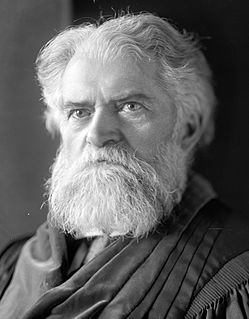A Quote by Art Malik
To see the difference between when I came to Britain in 1955 with what it is today, to see how the sub-continent has been embraced, it is quite extraordinary.
Related Quotes
THe Chinese like the satellite state [North Korea] between China and our forces, they fear that in a reunified Korea, American troops would be at the Yalu River and they've seen that movie before. They didn't like it the first time they saw it and they don't like it any better today. So they are quite happy with the divided Korean peninsula and that's a fundamental difference between the way they see things and the way we see things.
By the time I came to do the final ones [Harry Potter's film], I was working on something that was massively successful. There was a huge difference in indulgence and all sorts of stuff. A very big difference in peoples' attitudes. They were very pleased with themselves. In human terms, it was quite interesting to see the difference.
Everywhere you go on the continent of Europe at this hour you see the conflict between militarism and industrialism. You see the expansion of industrial power pushed forward by the energy, hope, and thrift of men, and you see the development arrested, diverted, crippled, and defeated by measures which are dictated by military considerations.
Mothers know the difference between a broth and a consommé. And the difference between damask and chintz. And the difference between vinyl and Naugahyde. And the difference between a house and a home. And the difference between a romantic and a stalker. And the difference between a rock and a hard place.
I don't know much about Britain. I've been working overseas for most of my adult life. So I'd like to see what sort of problems there really are here. It's a question of asking, 'Where are we going, how purposeful are we?' And see if there's anything that can be done to find possibilities for change.




































